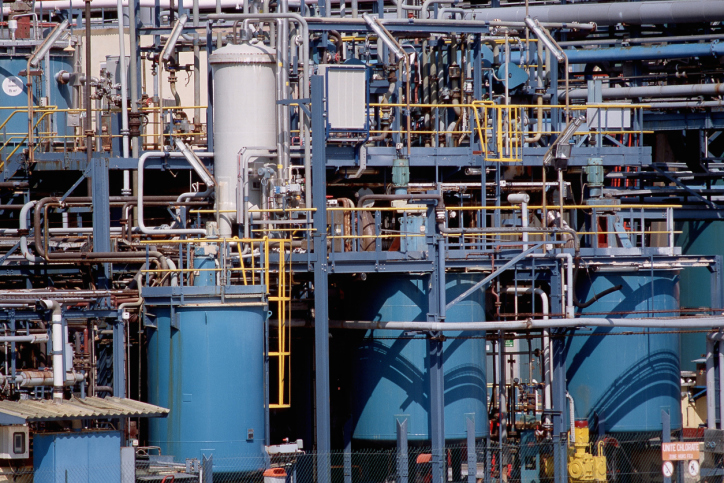
By contrast, imports to the northeast of conventional gasoline for blending have risen from 319,000 barrels a day in 2007 to 430,000 barrels a day in 2012. The lack of refining capacity in the northeast means that the country’s most populous region needs to get its gasoline from somewhere, and for now that means the U.K., the Netherlands, Spain, Norway, and France, as well as India and Canada.
According to MarketWatch, Goldman Sachs released a note to clients today citing excess European refining capacity and higher costs are slashing margins for European-based refiners and concludes that the Europeans should cut their output in order to get prices back up.
That’s not good news for northeast U.S. drivers who have been paying around $0.30 a gallon more for gasoline than the U.S. average. Because northeast refineries were importing virtually all the crude they refined, as the differential grew between Brent crude and WTI crude these refiners sold their plants when they could or mothballed them. Gasoline exports from Europe filled the gap because the Europeans have cut gasoline consumption even farther and faster than U.S. consumers.
Royal Dutch Shell plc (NYSE: RDS-A), Total SA (NYSE: TOT), Exxon Mobil Corp. (NYSE: XOM), BP plc (NYSE: BP), Chevron Corp. (NYSE: CVX), and ConocoPhillips (NYSE: COP) all have major refining operations in Europe and cutting refining output is easier said than done. Current prices for gasoline on the IntercontinentalExchange are higher now than futures prices in December, which means that if the refineries are going to make any money this year, now is not the time to cut output.
That may not be true in a few months, though, depending on the direction of crude prices. The spread between Brent and WTI fell below $14 a barrel recently and is around $15 a barrel today after rising as high as $20 earlier this year. If that gap narrows to below $12 a barrel on a drop in the price of Brent, the economics of refining in Europe begin to tighten.
Goldman might have pulled the trigger a little early on its call for a cutback in refining output in Europe, but such a cut is certainly possible later this year.
Thank you for reading! Have some feedback for us?
Contact the 24/7 Wall St. editorial team.




